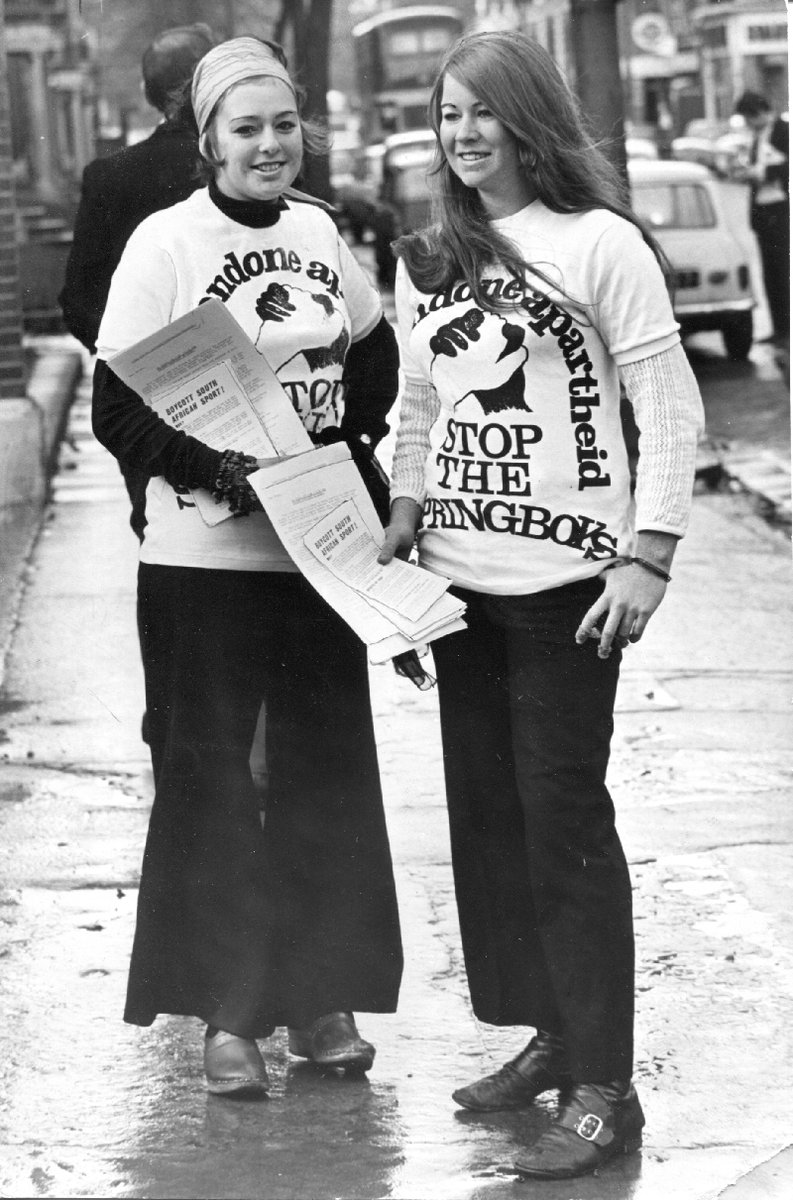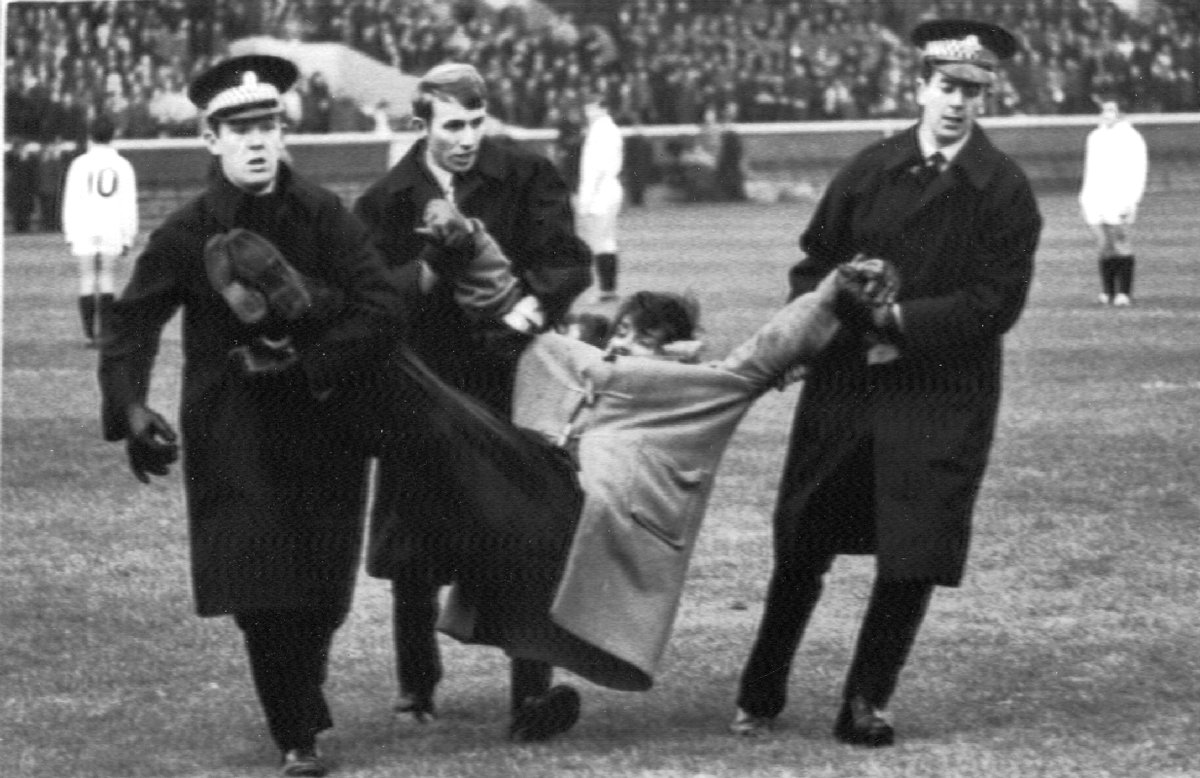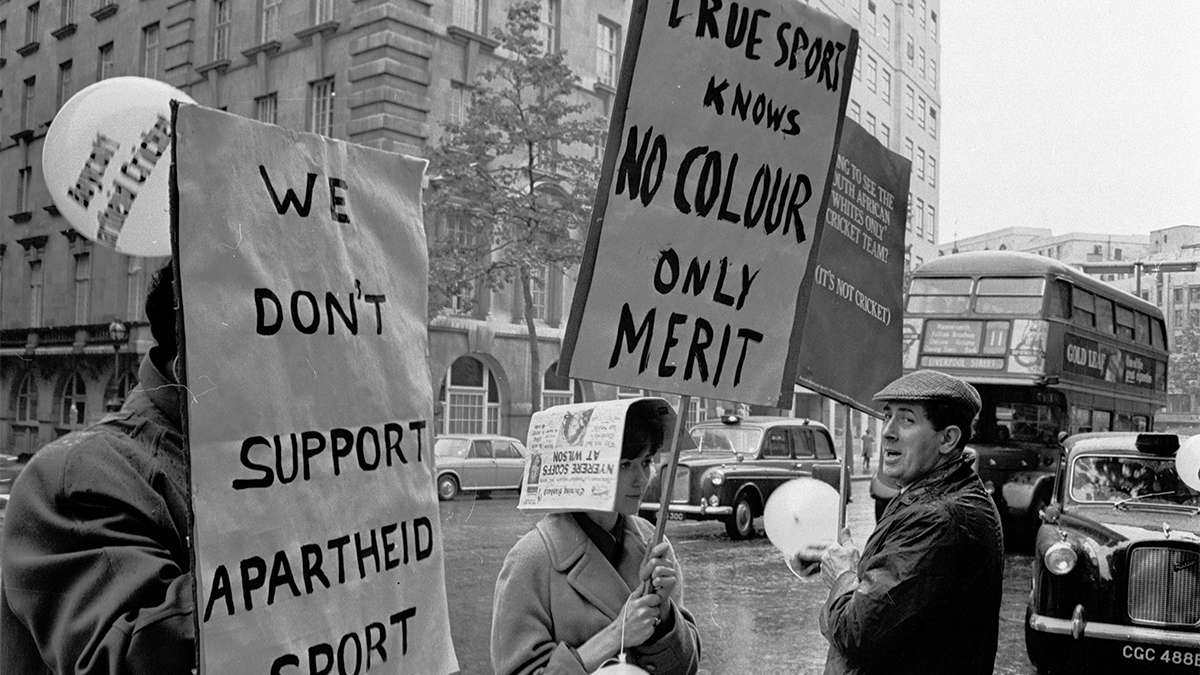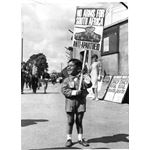
“I never really went in and analysed things to any great depth” he says now.
Wilkinson points out that HN45's report contains lots of info about Manchanda, and some very critical comments about the man, describing his “insufferable anecdotes”.
Wilkinson points out that HN45's report contains lots of info about Manchanda, and some very critical comments about the man, describing his “insufferable anecdotes”.
He goes so far as to criticise him for being a stay-at-home parent while Diane went out to work.
He is asked about a matter – described in his report as a “very personal attack on private morals” but claims no recollection of any of this, and most certainly not the rape allegation that he heard about yesterday.
The report ended with his overview of the situation: “The informant's personal view... is that the damage to the RMLL is irreparable”
He says he doesn't remember the vote to expel Manchanda at all.
(which seems a bit weird – this was a major event for the group/ movement)
He says he doesn't remember the vote to expel Manchanda at all.
(which seems a bit weird – this was a major event for the group/ movement)
“I didn't vote on anything” asserts HN45.
Wilkinson patiently questioned him about this comment - how had he managed to never vote on anything, in such a small group? – did he constantly abstain from every vote?
.
Wilkinson patiently questioned him about this comment - how had he managed to never vote on anything, in such a small group? – did he constantly abstain from every vote?
.
He repeated the line about how he'd never really got involved in the groups “because it wasn't my place to do that”.
After a short break, we recommenced with a look at
[MPS 0741095/13] – HN45's witness statement – paragraph 53
ucpi.org.uk/publications/f…
[MPS 0741095/13] – HN45's witness statement – paragraph 53
ucpi.org.uk/publications/f…
In it he says “I am not sure that the group posed a threat of subversion or revolution under either xxxxxx or Manchanda's leadership given how low the membership was but I suspect this may not have been appreciated at the time”
Does this mean that he was not entirely convinced that these groups needed to be reported on so much?
He was asked if he felt as if he was wasting his time by spying on them?
He was asked if he felt as if he was wasting his time by spying on them?
Did he ever go to his managers and suggest that he infiltrate another group instead?
“I carried on doing it until I was told to stop” he says.
- very different from using the initiative that was boasted about earlier.
“I carried on doing it until I was told to stop” he says.
- very different from using the initiative that was boasted about earlier.
[MPS 739236] is a Special Branch report about Manchanda, written by HN45:
ucpi.org.uk/publications/s…
He doesn't agree that it demonstrates any sexist thinking on his part (in the report he blames Manchanda for Diane going out to work
ucpi.org.uk/publications/s…
He doesn't agree that it demonstrates any sexist thinking on his part (in the report he blames Manchanda for Diane going out to work
ucpi.org.uk/publications/s…
He has no recollection of being asked to include details of people's race/ colour in his reports – he justifies it here by saying that he had never come across 'coloured' trade unionists at the Post Office before.
He has no recollection of being asked to include details of people's race/ colour in his reports – he justifies it here by saying that he had never come across 'coloured' trade unionists at the Post Office before.
He says that race was not a problem in those days. “That is my personal opinion”.
[UCPI 14627]
ucpi.org.uk/publications/s…
We move on now to this incident at LSE – which led to HN45's deployment being ended.
ucpi.org.uk/publications/s…
We move on now to this incident at LSE – which led to HN45's deployment being ended.
According to him, he came face to face with Ethel & then left the venue.
He thought this took place in December 1973, but there is some confusion about dates - the Inquiry doesn't seem to have any more reports authored by HN45 (post-February). He says Jill Mosdell was not present
He thought this took place in December 1973, but there is some confusion about dates - the Inquiry doesn't seem to have any more reports authored by HN45 (post-February). He says Jill Mosdell was not present
He talked more about the meeting at LSE, he thinks it was an evening meeting.
He says it was quite a big meeting but can't remember which group's meeting it was.
He says it was quite a big meeting but can't remember which group's meeting it was.
“I turned round, went out, down the stairs and walked away at high speed for about ten minutes”.
He says he had no time to report.
He says he had no time to report.
He said he had only met Ethel once and didn't know her surname, and can't remember her being Irish.
Who recognised who first? Asked Wilkinson.
Who recognised who first? Asked Wilkinson.
He repeated his earlier claim about the words allegedly used by Ethel when he entered: “Here's Scotland Yard, come to take us away”.
He says that he does not panic; he would just “take steps to amelorate the situation”
He says that he does not panic; he would just “take steps to amelorate the situation”
In this case, he says that this meant that he “pretended to give her a hug” and “whispered in her ear” to say nothing.
He says she didn't shout anything at all, and that she got up and walked away first.
He says she didn't shout anything at all, and that she got up and walked away first.
It seems that HN45 telephoned one of his bosses, Phil Saunders, at home to report this.
(He said earlier that he didn't have the managers' home numbers though).
(He said earlier that he didn't have the managers' home numbers though).
He was visited the next day by some very senior officers – including Vic Gilbert, Head (or Deputy Assistant Commissioner?) of Special Branch at the time, and Roland Watts.
HN45's written statement has more details of this meeting.
He says that Phil Saunders was a “gentleman and he would have dealt with it appropriately”, suggesting that these officers didn't
He says that Phil Saunders was a “gentleman and he would have dealt with it appropriately”, suggesting that these officers didn't
He says he couldn't have stayed in the SDS after this incident.
He says this compromise led to his deployment ending, but didn't harm his career in the police force – he wnet to work elsewhere – returning to the SDS to assist with admin in the 1980s.
He says this compromise led to his deployment ending, but didn't harm his career in the police force – he wnet to work elsewhere – returning to the SDS to assist with admin in the 1980s.
Mitting then appeared on-screen with a question of his own - he asked HN45 to tell us more about his 'duff' accommodation.
This was described as a room in a 'filthy' house in West End Lane, run by a “large Irish lady”.
This was described as a room in a 'filthy' house in West End Lane, run by a “large Irish lady”.
According to HN45 he never saw Ethel again, not that evening or since.
His evidence ended there, but it is very likely that some of the lawyers would like to ask some more questions, so there's now a 10-15 min break to organise that.
His evidence ended there, but it is very likely that some of the lawyers would like to ask some more questions, so there's now a 10-15 min break to organise that.
Mitting popped up on screen says that he still hasn't received a copy of Diane Langford's dissertation (which he only requested from her approx 21 hours ago).
It is unclear what this has to do with anything.
It is unclear what this has to do with anything.
We note that this Inquiry has been running for years, has had months to avail themselves of her dissertation, or any other useful evidence
HN45 was asked more about his earlier comments – who did these 'paranoid' groups' think were infiltrating them?
"Everybody"
"Everybody"
There was also a question about his
cover accommodation in West End Lane – HN45 said that no, he was not aware of any other police estate nearby at that time
cover accommodation in West End Lane – HN45 said that no, he was not aware of any other police estate nearby at that time
Phillippa Kaufmann also appeared on screen, she got as far as saying that she sought some clarification from the Chair, but Mitting shut her down immediately, with “I am not here to answer your questions”.
And with that, the morning session ended.
And with that, the morning session ended.
@threadreaderapp unroll
• • •
Missing some Tweet in this thread? You can try to
force a refresh








